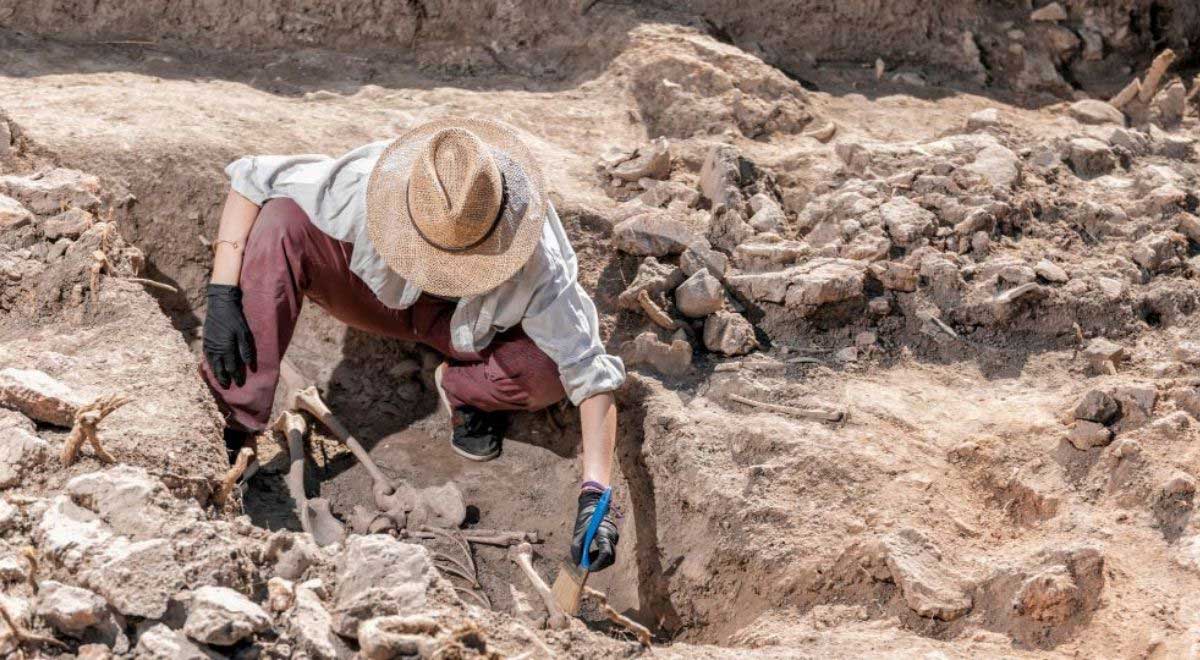One of the greatest mysteries of the historical geography of Asia Minor was solved by a Polish diplomat. He found the remains of Thebes, an ancient city in present-day Anatolia. It has been searched for for two centuries.
Counselor of the Polish embassy in Ankara Robert D. Rokitsky proved that Fivasa was located on the site of today’s Pinarkaya village in the southern province of Karaman.
“I traveled to these regions in connection with a humanitarian project that we were implementing: buying prostheses and financing the rehabilitation of a girl who lost her legs during the bombing of Aleppo and now lives in Turkey,” Robert Rokicki told RAP.
“Somewhat accidental” discovery
He added that he “looked around” because historical and archaeological mysteries have been his passion for many years. Although he is an economist by profession, he also studied art history at the Jagiellonian University.
– In fact, I was looking for another place associated with the popular legend of the seven sleepers, the discovery of Fibasa was a bit accidental, – added Rokitsky.
He told PAP that the ancient historian Pliny wrote that Thebes was located in the Taurus Mountains and was one of the two most famous cities in Lycaonia. However, due to scarce and ambiguous information, the city was searched in different places, often very distant from each other.
When R. Rokitsky reached Pynarkay, he learned that the old name of the city was Divaz, which strikingly resembles Febas in Turkish phonetically.
ancient metropolis
– Of course, there were several other important considerations. On the outskirts of the settlement there is a hill with the remains of fortifications, there are traces of a temple of unprecedented size and the remains of other Byzantine buildings, such as cisterns. There is also a rocky necropolis, Robert D. Rokitsky calculated.
He added that the city once lay at the junction of important routes, among vast fields, abundantly supplied with water, which could feed a large community, which made the version of the ancient metropolis more plausible.
The Polish diplomat published his discovery in the periodical Gefira, published by the Center for Research on Mediterranean Culture and Languages of Akdeniz University.
“Unraveling the age-old mystery of historical geography”
Fibasa was searched for almost two centuries, considering at least eight different places. The city and its castle took on new importance after the Muslim conquest of Cilicia, when it became one of the key fortresses on the eastern frontier of Byzantium.
“In 793 Thewasa surrendered to the army of Abdurrahman ibn Abdalmalik due to lack of water; in 805 it was rebuilt on the initiative of Emperor Nicephorus I, and in 806 it was destroyed during the great campaign of Caliph Harun ar-Rashid,” the report says. article by a Polish diplomat.
Professor Stephen Mitchell, one of Asia Minor’s most eminent explorers and a member of the British Academy, quoted by Anadolu, said that Rokytsky’s discovery “solves an age-old mystery of the historical geography of Asia Minor and adds a whole new chapter to the history of the conflict between Byzantium and the Arabs in the 10th and 11th centuries.

